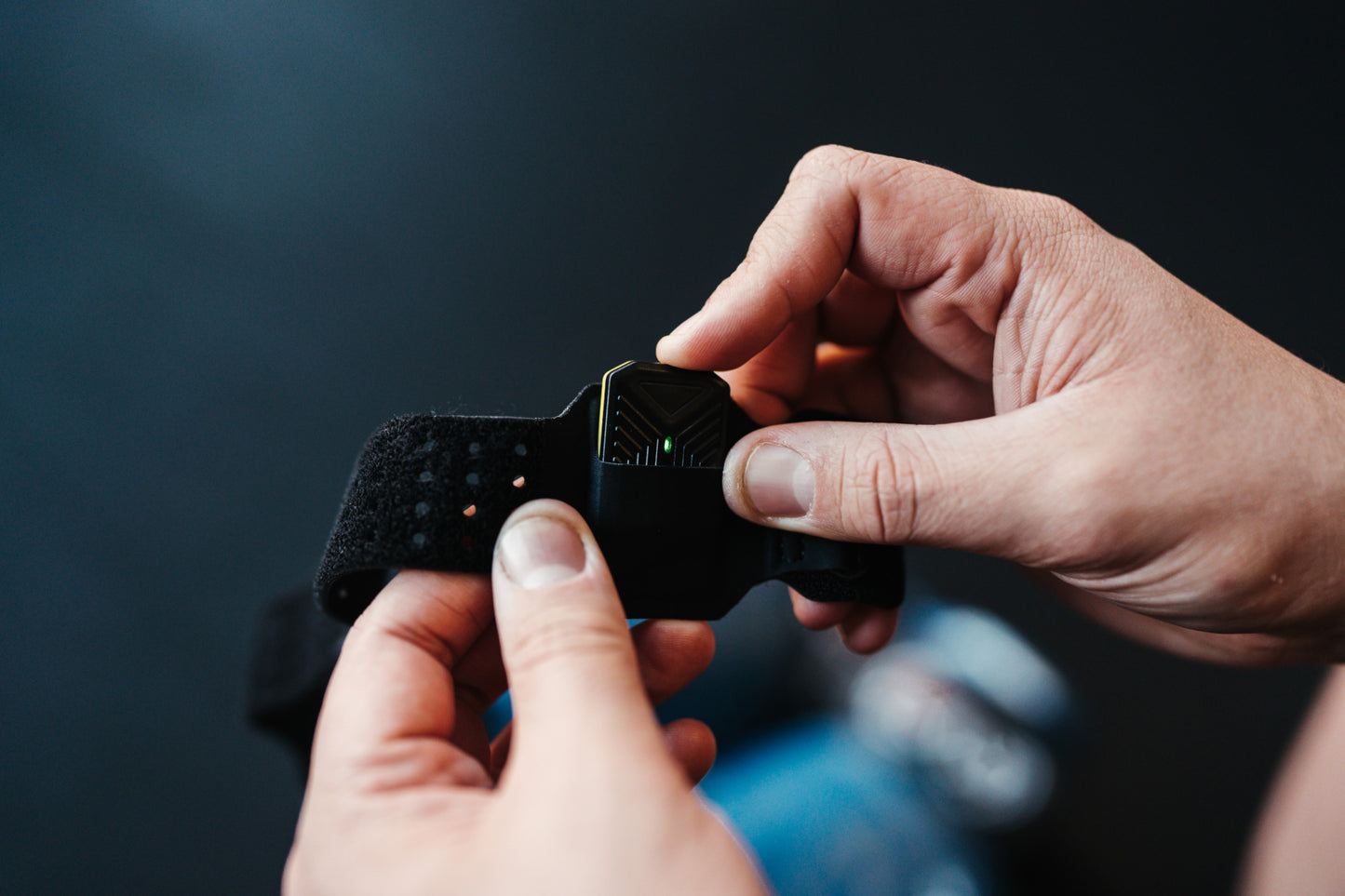The Psychological Demands of Boxing
Boxing requires relentless discipline, focus, and resilience. Fighters undergo rigorous training regimes, strict dietary restrictions, and the constant pressure to perform. The anticipation of a fight can be a source of immense stress, with anxiety peaking in the moments leading up to stepping into the ring. Moreover, the aftermath of a bout, whether victory or defeat, can also have profound psychological effects. This rollercoaster of emotions highlights the need for robust mental health support in the sport.
Common Mental Health Challenges for Boxers
Anxiety and Stress
The pressure to maintain an unbeaten record, the fear of injury, and the high expectations can lead to significant anxiety and stress, impacting a boxer's performance and well-being.
Depression
Boxers, like other athletes, can experience depression, especially after a loss, injury, or at the end of their career, when the transition to life outside the ring can feel daunting.
Burnout

The intense training schedules and the demands of staying competitive can lead to burnout, characterized by physical, emotional, and mental exhaustion.
The Importance of Mental Health Awareness
Recognizing the signs of mental health issues and addressing them is crucial in a sport as demanding as boxing. Mental health awareness helps in:
- Preventing Burnout: By acknowledging the signs of burnout early, boxers can adjust their training and rest schedules to prevent it.
- Improving Performance: A healthy mental state can enhance focus, motivation, and performance in the ring.
- Ensuring Longevity in the Sport: Taking care of mental health ensures boxers can enjoy longer, more fulfilling careers.
Strategies for Supporting Mental Health in Boxing
Open Conversations

Creating an environment where athletes feel comfortable discussing mental health can lead to early identification of issues and support.
Mental Conditioning

Just as physical conditioning is a part of training, mental conditioning, including techniques for stress management, visualization, and mindfulness, should be integrated into a boxer’s routine.
Professional Support
Access to sports psychologists and mental health professionals can provide boxers with the tools they need to navigate the psychological pressures of the sport.
Community and Support Networks
Building a strong support network, including coaches, family, and fellow boxers, can provide the emotional backing needed to face the mental challenges of boxing.
Conclusion
As the conversation around mental health in sports continues to evolve, it’s clear that mental resilience is as critical as physical prowess in boxing. By shedding light on the mental health challenges boxers face and emphasizing the importance of mental well-being, the boxing community can support athletes in every aspect of their careers. The fight for mental health awareness in boxing is a crucial battle, one that requires as much courage and determination as any match in the ring. In recognizing and addressing these challenges, we not only support our athletes but also honor the sport's legacy, ensuring it remains strong, both physically and mentally, for generations to come.














